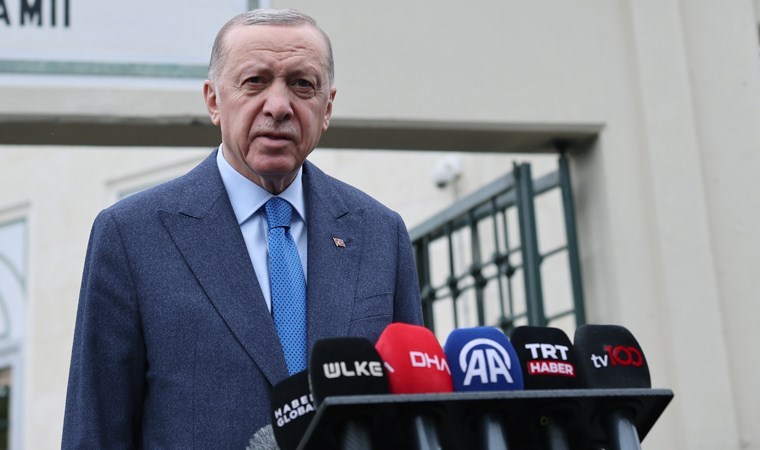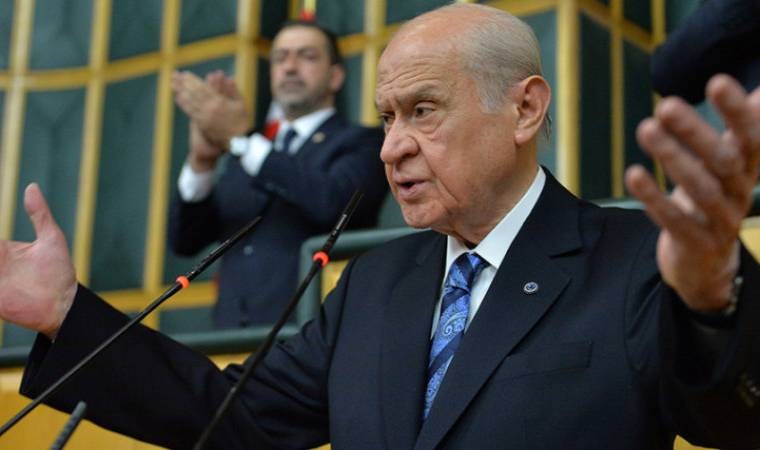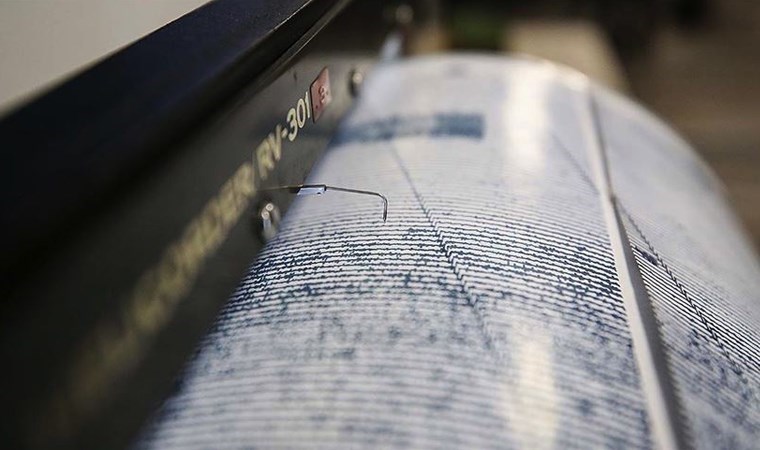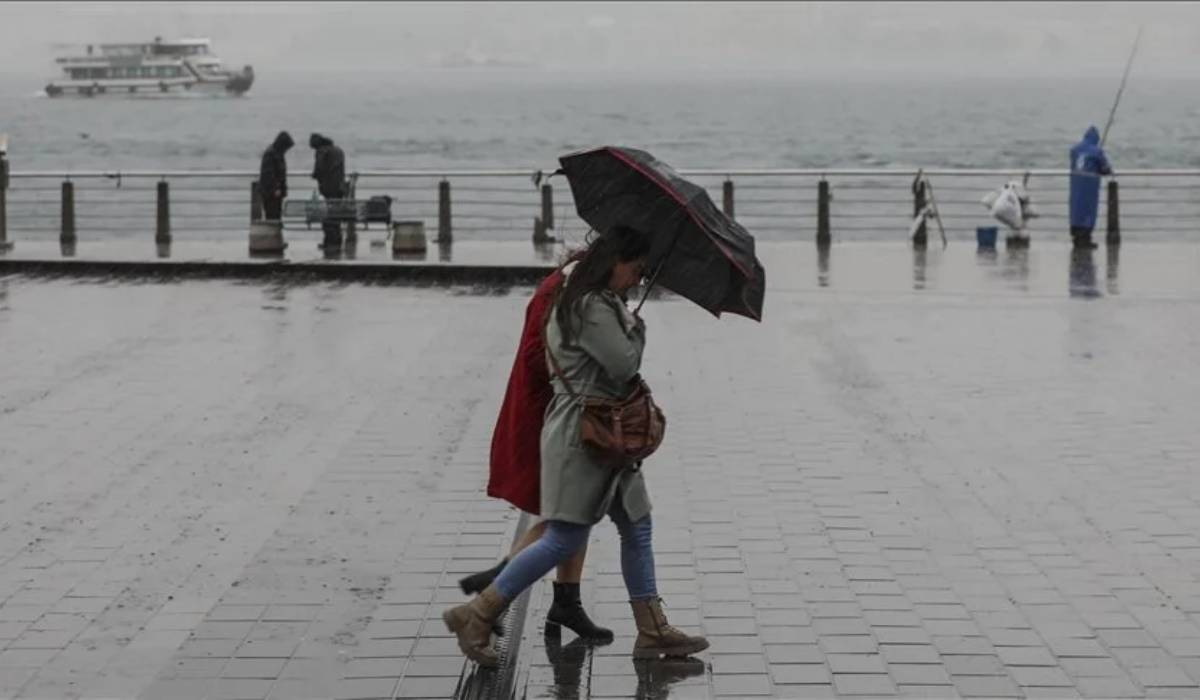The sectors most at risk from foreign-exchange indebtedness
According to Prof. Dr. Hayri Kozanoğlu, the possibility of the private sector facing a debt crisis in the medium term is very high. Construction, energy and retail will experience difficulties.

 Noting that, for the time being, the foreign exchange crisis has been prevented from turning into a liquidity crisis, Prof. Dr. Hayri Kozanoğlu said, “However, the possibility of the private sector facing a debt crisis in the medium term remains very high. The country’s basic Achilles heel is non-finance companies’ 337 billion dollar foreign-exchange indebtedness, half of which is owed abroad and half to domestic banks.” The main points in the observations Kozanoğlu made to Cumhuriyet are as follow:
Noting that, for the time being, the foreign exchange crisis has been prevented from turning into a liquidity crisis, Prof. Dr. Hayri Kozanoğlu said, “However, the possibility of the private sector facing a debt crisis in the medium term remains very high. The country’s basic Achilles heel is non-finance companies’ 337 billion dollar foreign-exchange indebtedness, half of which is owed abroad and half to domestic banks.” The main points in the observations Kozanoğlu made to Cumhuriyet are as follow:
-As financial assets maturing within one year exceed liabilities, debt default may not yet be in the offing. However, the balance sheets of companies lacking adequate foreign-exchange income particularly in the construction, energy and retail sectors appear incapable of carrying this risk in the medium term. With the economy afflicted by structural problems, overheating the motor has caused the lining to burn. We can say that the topical Pastor Andrew Brunson case simply had a secondary effect that triggered the crisis.
-The liquidity released by lowering reserve provision ratios has enabled banks to meet their pressing needs. However, the possibility of the private sector encountering a debt crisis in the medium term remains very high.
At their mercy
-Turkey’s foreign indebtedness, which stood at 117 billion dollars during the 2001 crisis, reached 466 billion in the second quarter of 2018. This means that a one kurush increase in the dollar causes the debt load to jump by 4.7 billion lira. In its most recent Turkey report, the IMF calculated that a 30% decline in the value of the Turkish lira would lead to foreign indebtedness reaching 83% of GNP. How sad that this feared scenario is about to be realised.
- The country’s basic Achilles heel is non-finance companies’ 337 billion dollar foreign-exchange indebtedness, half of which is owed abroad and half to domestic banks.
-Since foreigners have to a large extent emptied their portfolios of stocks and government debt securities, an assault from this direction on the exchange rate is impossible. The problem will essentially be experienced in rolling over foreign debt. The private sector makes up 90% of the creditors of Turkey’s foreign debt, including euro bonds. This amounts to being at the mercy of the international markets.
The lining has burnt
-With the economy in any case afflicted by structural problems, overheating the motor has caused the lining to burn. The granting of loans in excess of 200 billion lira guaranteed by the Credit Guarantee Fund in 2017 in particular lit the fuse. The inflow of hot money was speeded up especially under the highly conducive global conditions (low interest rates, abundant liquidity) since 2002 when the AKP came to power. The duo of a high exchange rate and high interest rates in relative terms invited capital outflows to Turkey. There was a breakdown when Tayyip Erdoğan, who at the outside obeyed the rules of neoliberal design including financial discipline, stirred up strife on the markets with his low interest rate compulsion. With structural problems that had been accumulating for years (high current account deficit, excessive indebtedness, low savings) combining with the collapse of institutional structures (rejection of meritocracy, arbitrary rule, backward education, etc.), the inevitable end drew near.
-The June current account balance figures showed that, as against a three-billion-dollar deficit, available external funds shrank by 4.5 billion dollars. Leaving 450 million dollars of uncertain provenance to one side, June was staved off with a seven-billion-dollar reduction in the Central Bank’s reserves. However, all of these are pointers to an imminent crisis and Turkey’s loss of creditworthiness.
Reading things this way, we can say that the topical Pastor Andrew Brunson case simply had a secondary effect that triggered the crisis. Naturally enough, without ignoring the fact of just how hard the “signalling effect” of Trump’s “gibberish” tweets will make it to find a way out.

En Çok Okunan Haberler
-
 Erdoğan ‘Kent Lokantası’na inanmadı
Erdoğan ‘Kent Lokantası’na inanmadı
-
 Saldırı sonrası İran'dan ilk açıklama
Saldırı sonrası İran'dan ilk açıklama
-
 'Ben artık Fenerbahçeli değilim'
'Ben artık Fenerbahçeli değilim'
-
 Altından yeni rekor!
Altından yeni rekor!
-
 AKP'de 'Rolex' kazası: Paylaştı, sildi
AKP'de 'Rolex' kazası: Paylaştı, sildi
-
 Karaköy sahiline havuz!
Karaköy sahiline havuz!
-
 'Bu akşam geç geleceğim eve'
'Bu akşam geç geleceğim eve'
-
 Erdoğan’dan flaş İsrail-İran açıklaması
Erdoğan’dan flaş İsrail-İran açıklaması
-
 İzmir'de deprem!
İzmir'de deprem!
-
 Özel, çantası dolu gidecek!
Özel, çantası dolu gidecek!

















